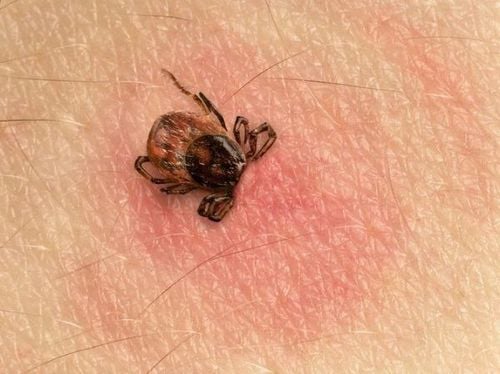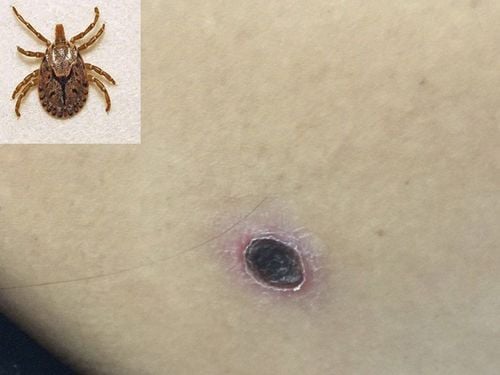Nội dung bạn đang tìm kiếm không có phiên bản tiếng Việt.
Vui lòng chọn tiếp tục để xem nội dung tiếng Anh hoặc đi đến trang chủ Tiếng Việt.
Rất xin lỗi về sự bất tiện này.

Home
Tag Tick fever
Articles in Tick fever

Fever warning symptoms
Scrub-typhus is endemic in many parts of the world, but is more common in countries in the Asia-Pacific region. The disease is caused by an agent called Orientia tsutsugamushi, which has a natural outbreak and is transmitted randomly to humans when bitten by mite larvae.
Xem thêm

Dangerous complications of typhus
Scrub typhus originates from a bacterium called Orientalis tsutsugamushi, belonging to the Rickettsia family. The vector is the larva of the tick. In recent years, scrub typhus has tended to appear more frequently after a long period of inactivity. If not treated properly, scrub typhus can cause quite dangerous complications, which can cause liver poisoning or multiple organ damage, even death.
Xem thêm

Scarlet fever is easily confused with other diseases
Scrub typhus is an infectious disease characterized by prolonged fever, rash, and swollen lymph nodes. The disease is caused by bacteria and requires long-term antibiotic treatment. However, if not detected early, confused with other diseases and treated incorrectly
Xem thêm

Fever in children: What you need to know
Scrub typhus in children (tick fever or jungle fever) is an acute bacterial infection that spreads to humans. The disease often occurs during the rainy season, in places with many bushes and is quite dangerous if not treated properly.
Xem thêm

Why do you have a fever?
Scrub Typhus, also known as Tick-borne Fever, is a disease caused by a bacterium called Orientia tsutsugamushi. Scrub typhus is transmitted to humans through the bite of a mite that transmits the bacteria to humans. The disease has symptoms similar to other acute fevers, making it difficult to diagnose.
Xem thêm

Instructions on how to take care of patients with fever
Scrub typhus is an acute infectious disease caused by Rickettsia tsutsugamushi. The disease is clinically characterized by fever lasting 2-3 weeks, accompanied by skin ulcers, generalized lymphadenopathy and rash.
Xem thêm













